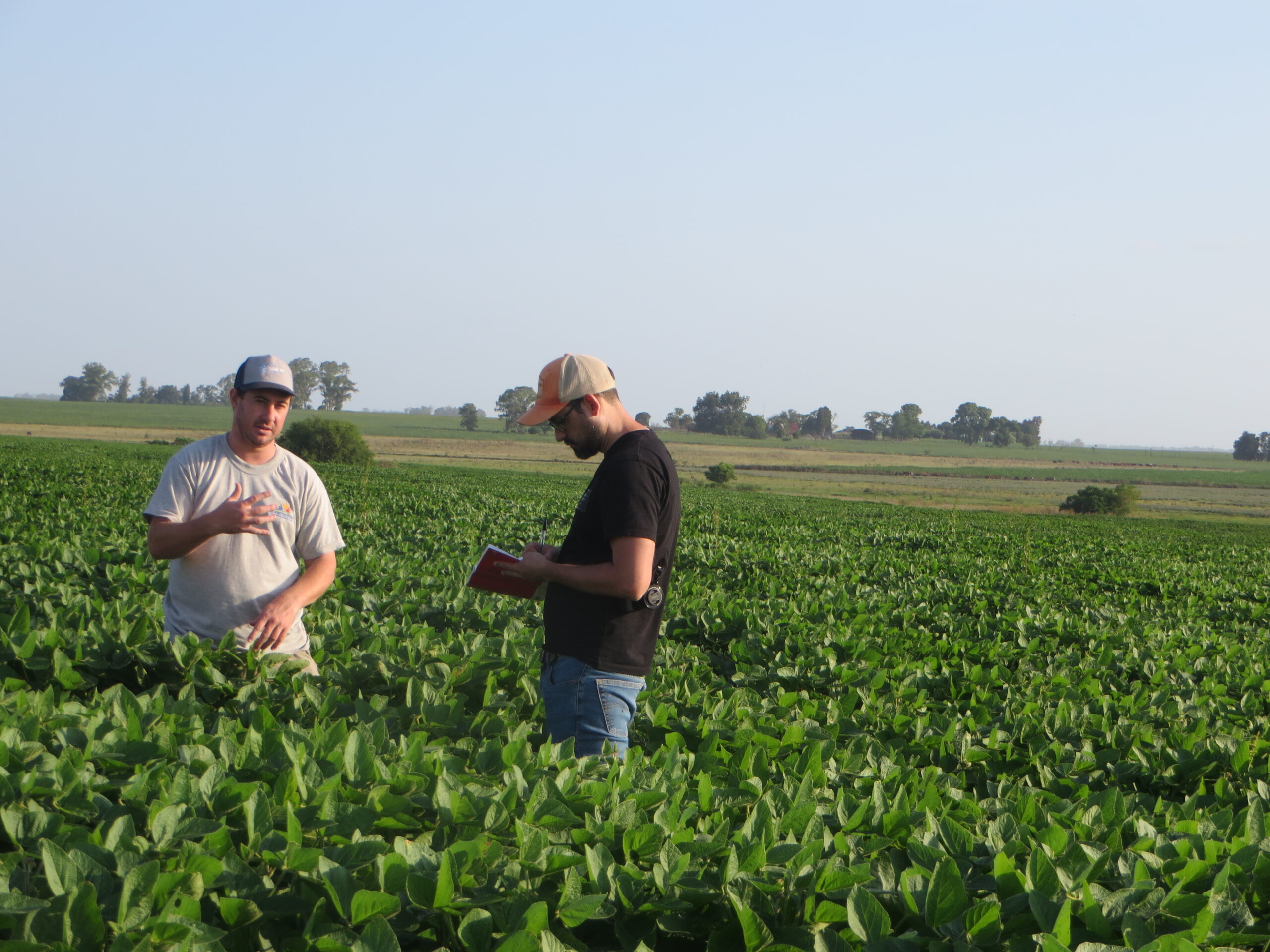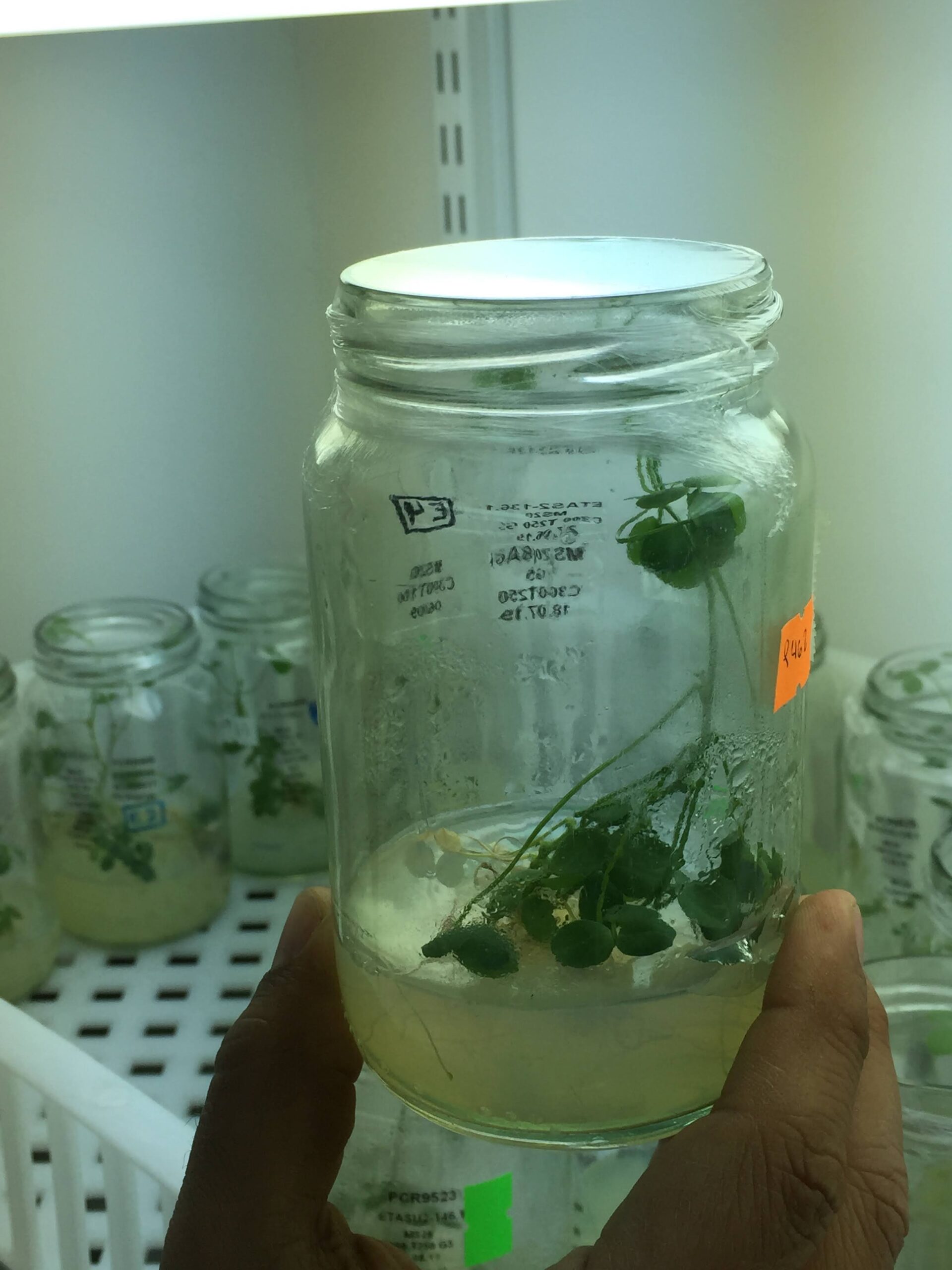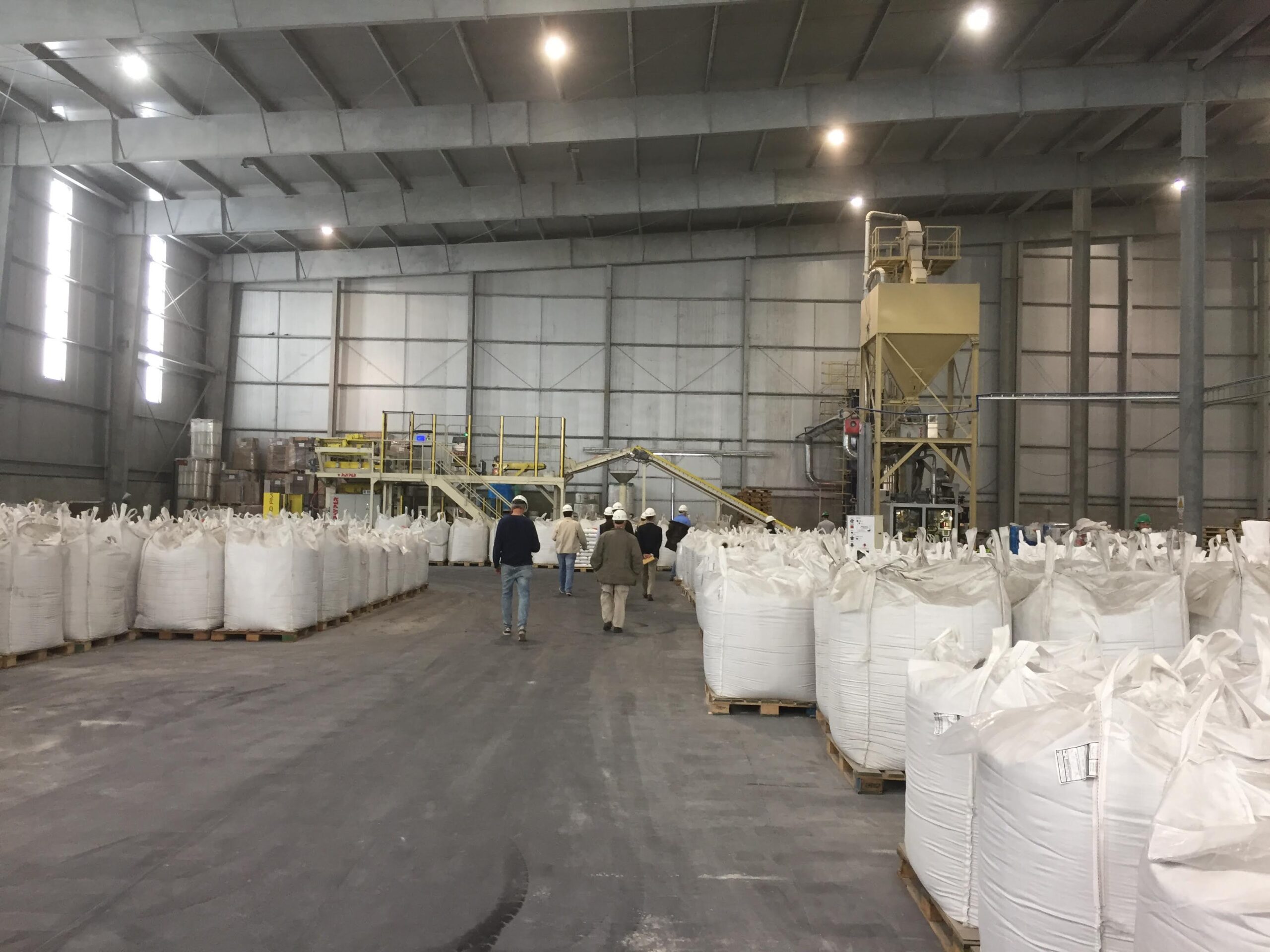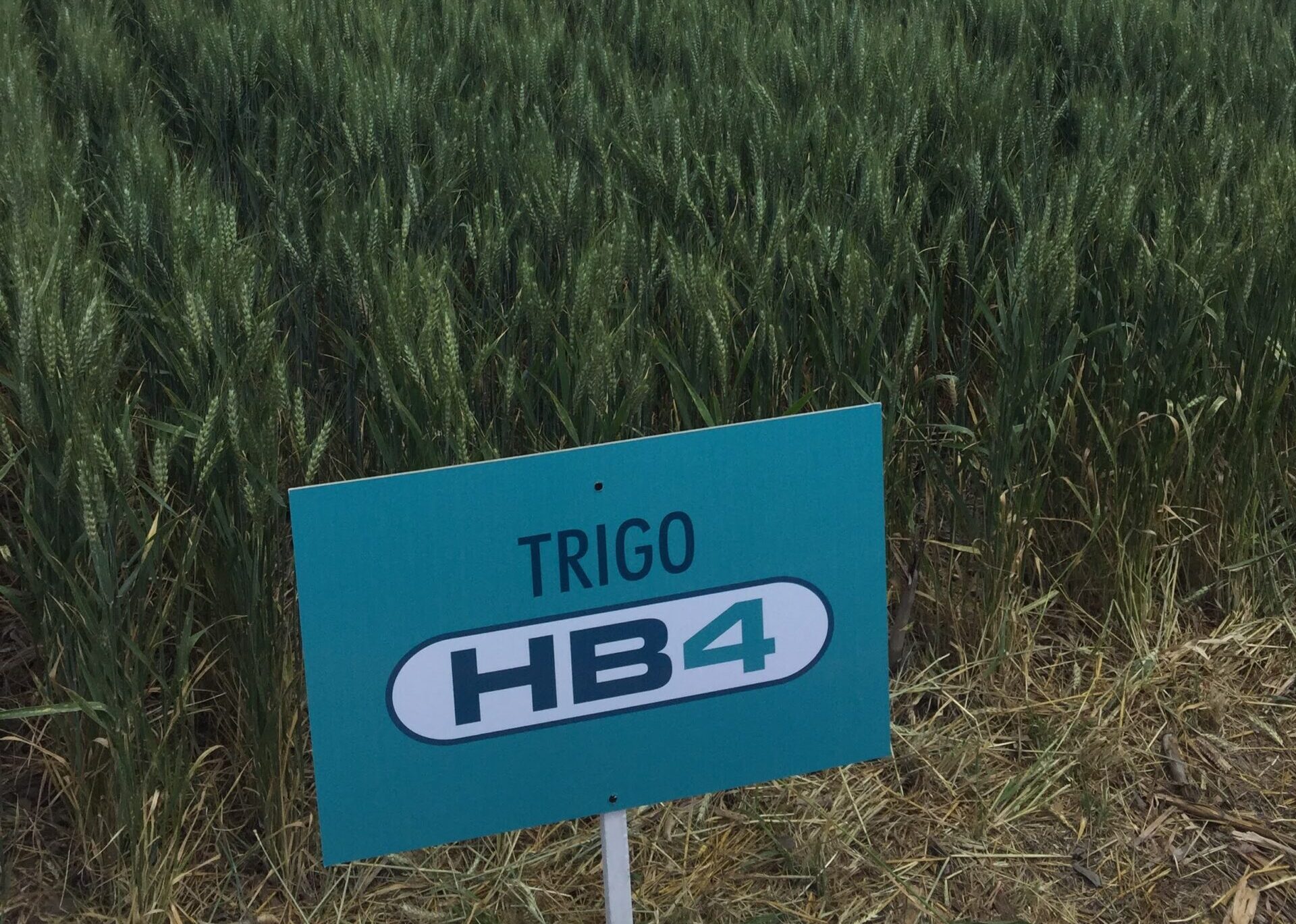
Remaking agricultural ecosystems
How is climate change transforming the way in which plant scientists and the seed industry design agricultural crops? What implications do these transformations have for other sectors of the economy and for the planet? “Remaking Agricultural ECO-systems in the age of climate change” addresses these questions by examining the plans of agribusiness to engineer “Environmentally Customized Organisms” (ECO).
In the early 1990s, during the heyday of genetic engineering, plant scientists were on a quest to create crops with exceptional traits. They explored the possibilities of engineering crops for increased yields, and they even dabbled in creating plants that glew in the dark. As the threat of climate change loomed large, it was only natural that scientists ventured into genetic engineering to develop climate-resilient plants. However, they soon encountered difficulties. Climate change does not express itself uniformly across different regions, and extreme weather events such as droughts vary significantly: they can be hot or cold, dry or humid, brief or prolonged. Thus, climate-resilient crops could not be thought of as standard products. They had to be capable of responding to the complexity of local ecosystems and climate variability. "Remaking Agricultural ECO-Systems" is the story of environmental customization as a novel productive approach design to responds to this challenge.
- Swiss National Science Foundation – PostDoc Mobility Grant
Marcel Roche Award - Best 2022 article in Latin American Science and Technology Studies. Latin American Association for the Social Studies of Science and Technology.
These are some of the pictures from the fieldwork I carried out in Argentina (Provinces of Santa Fé, Entre Ríos and Córdoba) between 2019-2021. The use and distribution of these images is not authorized.
















